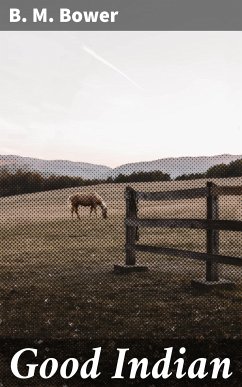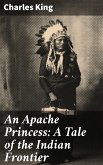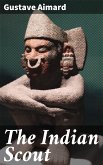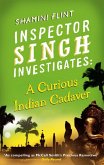In B. M. Bower's "Good Indian," readers are drawn into a vivid tapestry of the American West, where themes of identity and cultural conflict are intricately woven into the fabric of the narrative. The novel employs a straightforward yet poignant literary style that reflects the struggles of its characters against the backdrop of a transforming landscape. Bower's keen observations underscore the complexities of life in the frontier, capturing the essence of the early 20th-century American milieu through rich characterizations and sharp dialogue, revealing the inherent tensions between Indigenous and settler cultures. B. M. Bower, a pioneering figure in Western fiction, was deeply influenced by her own experiences growing up in the Rocky Mountains. Her background as a teacher and her passion for storytelling shaped her perspective on the interplay of various cultures in America. These experiences provide a unique lens through which she explores the themes of loyalty and honor in "Good Indian," illustrating her empathy and understanding of the different strata of society in a time marked by both opportunity and strife. For readers intrigued by authentic representations of the Western frontier, "Good Indian" serves as a compelling exploration of the moral dilemmas faced by individuals torn between divergent worlds. Bower's nuanced portrayal of her characters encourages reflection on cultural identity and personal integrity, making this novel a must-read for aficionados of Western literature and those seeking a deeper understanding of American history.
Dieser Download kann aus rechtlichen Gründen nur mit Rechnungsadresse in A, B, BG, CY, CZ, D, DK, EW, FIN, F, GR, H, IRL, I, LT, L, LR, M, NL, PL, P, R, S, SLO, SK ausgeliefert werden.









